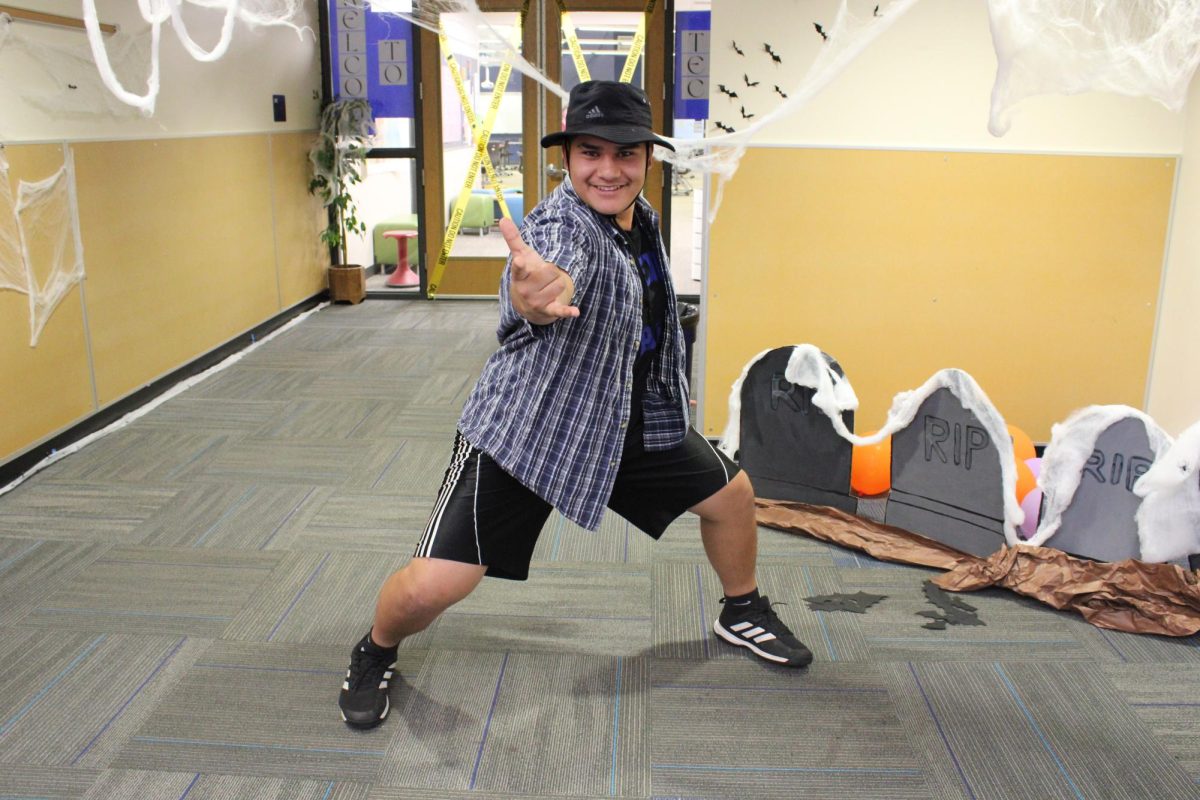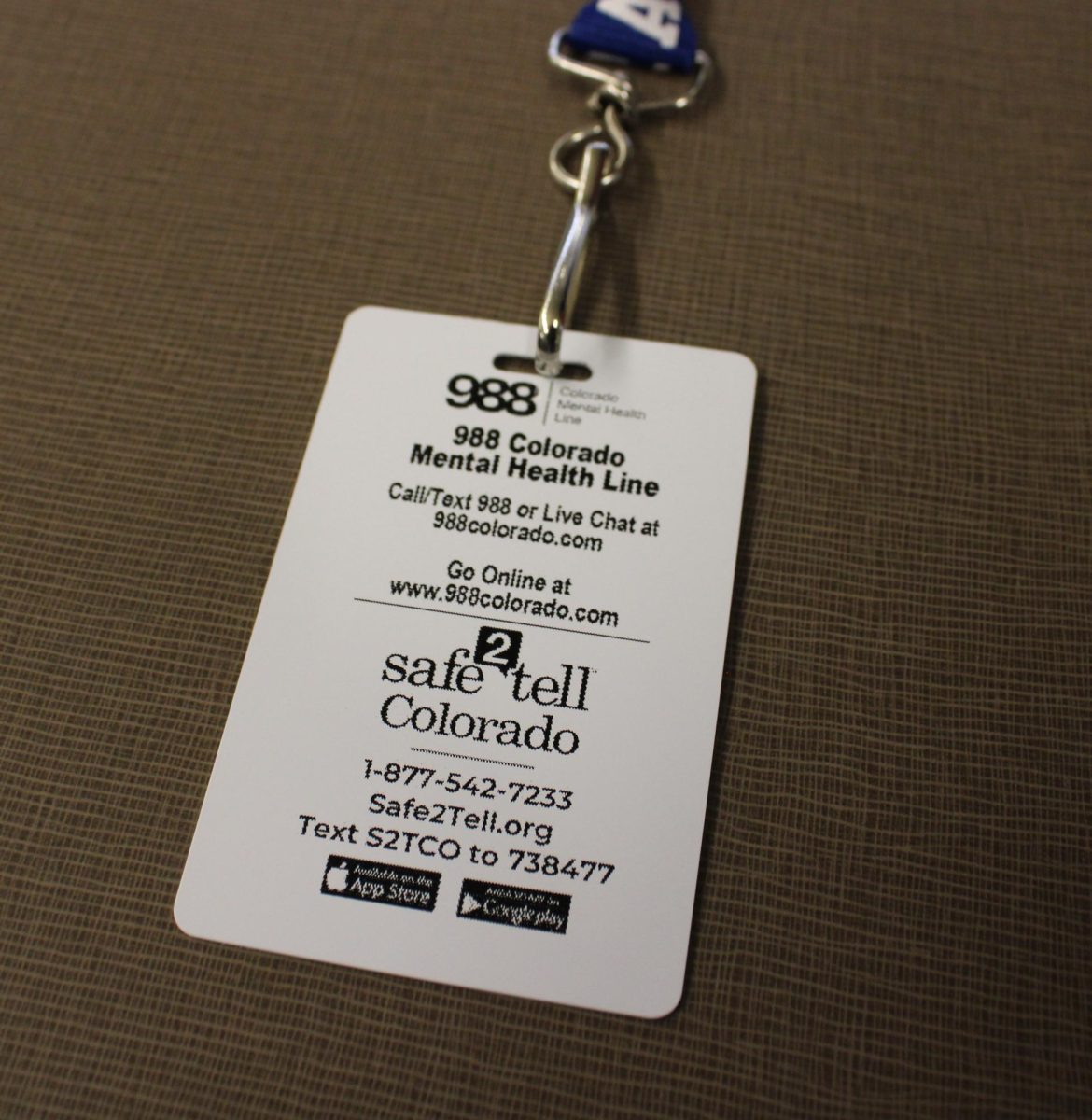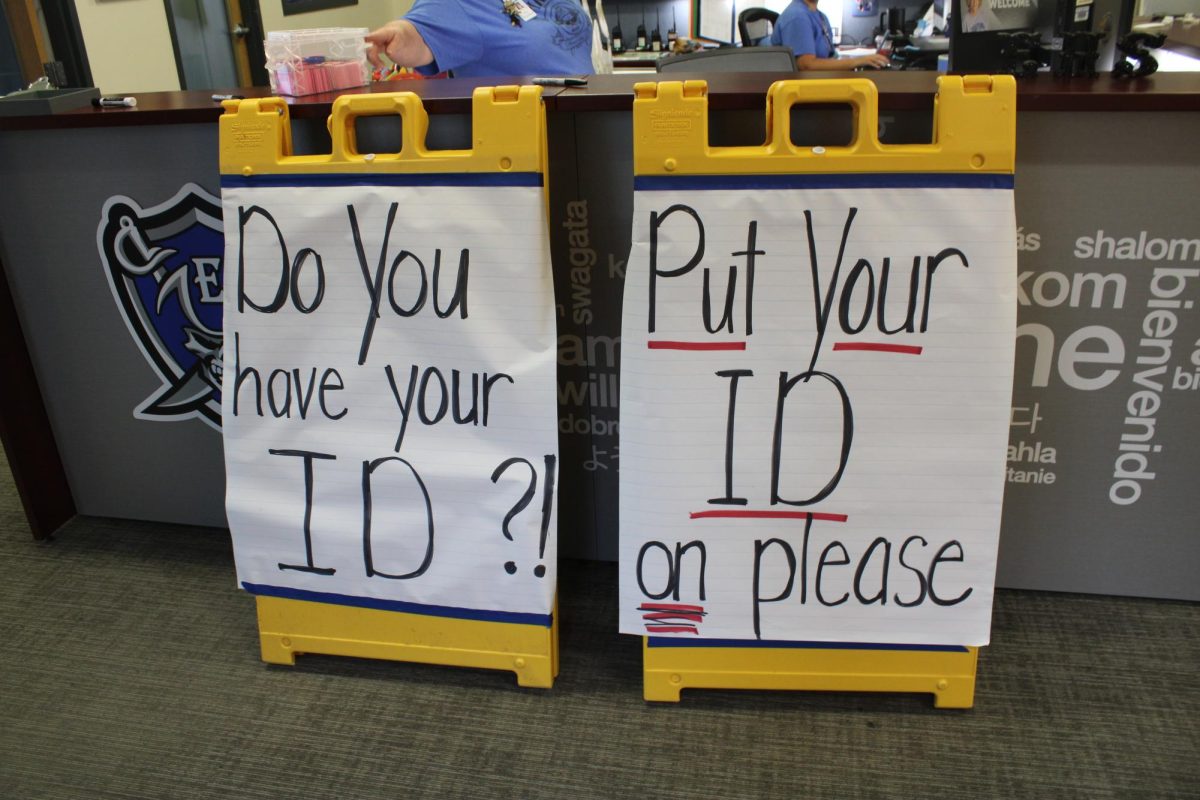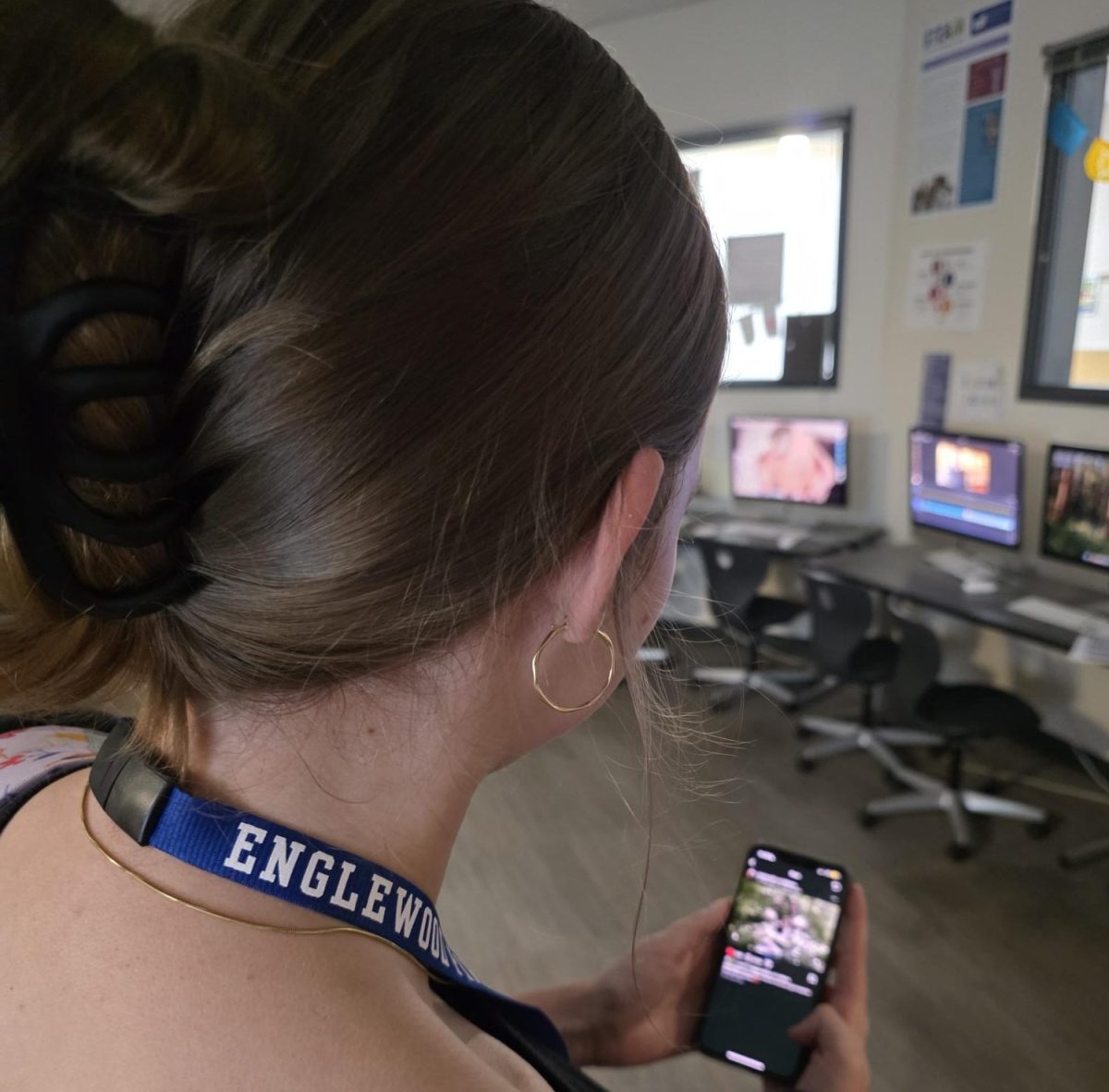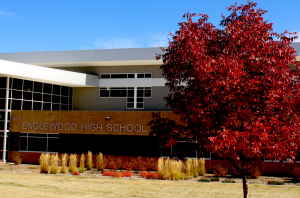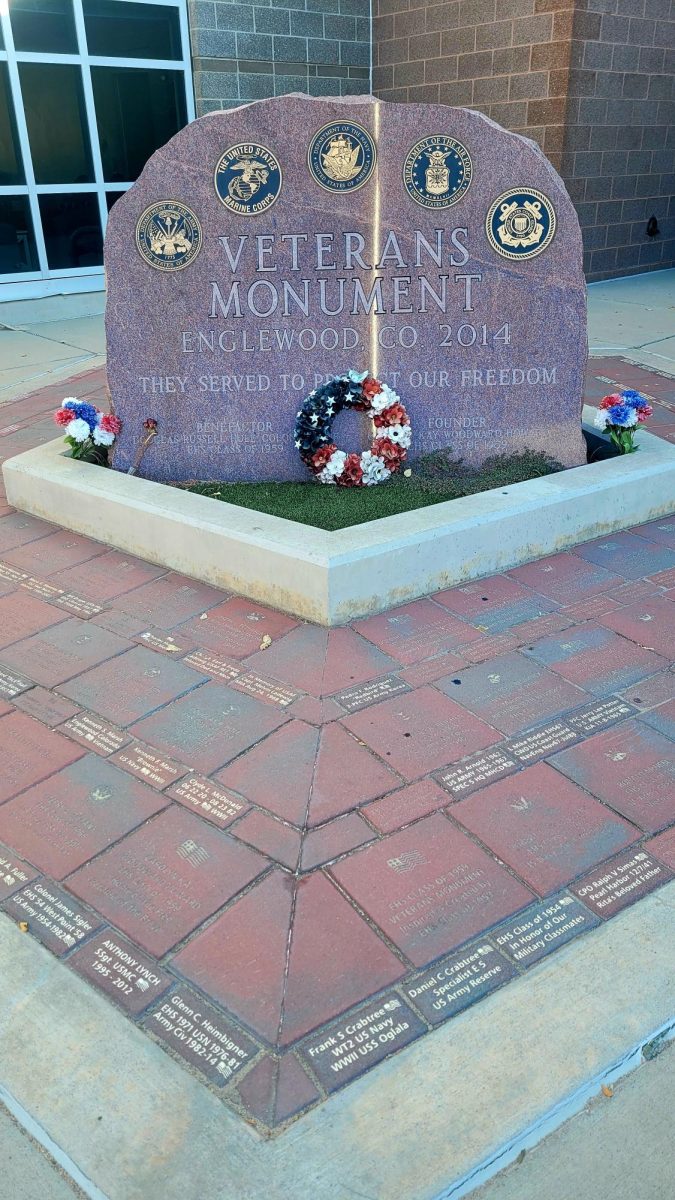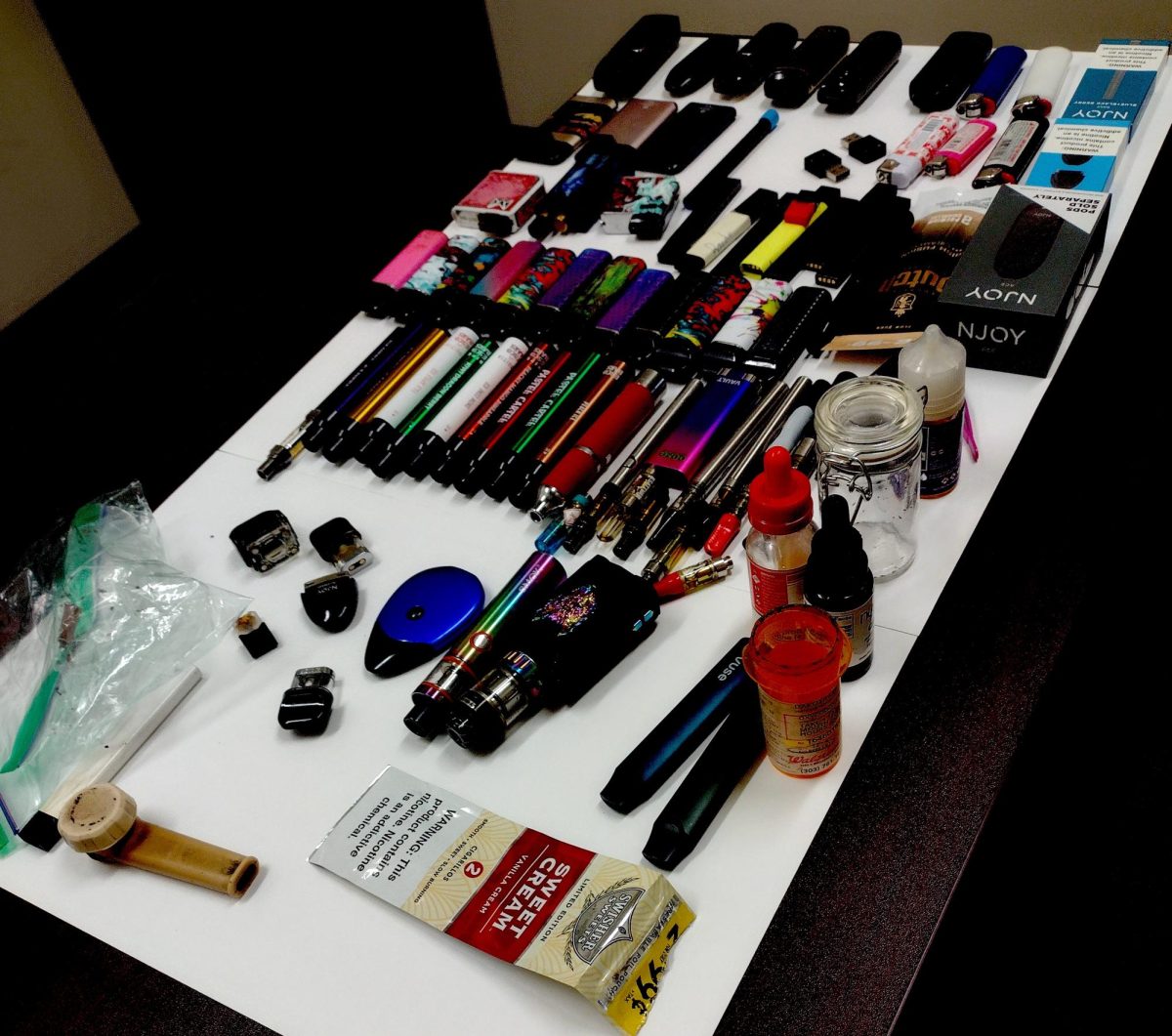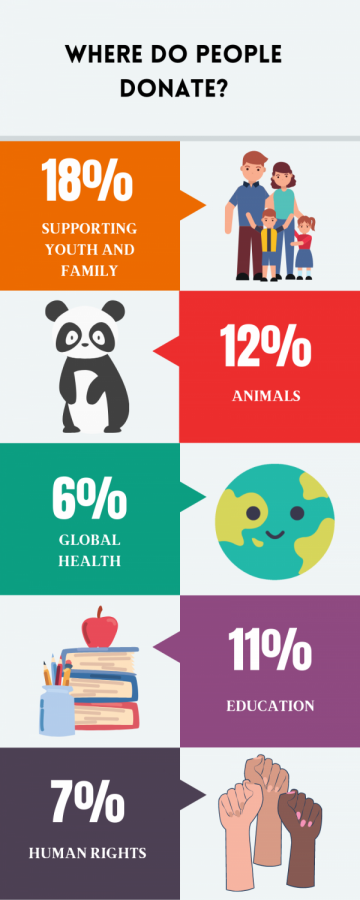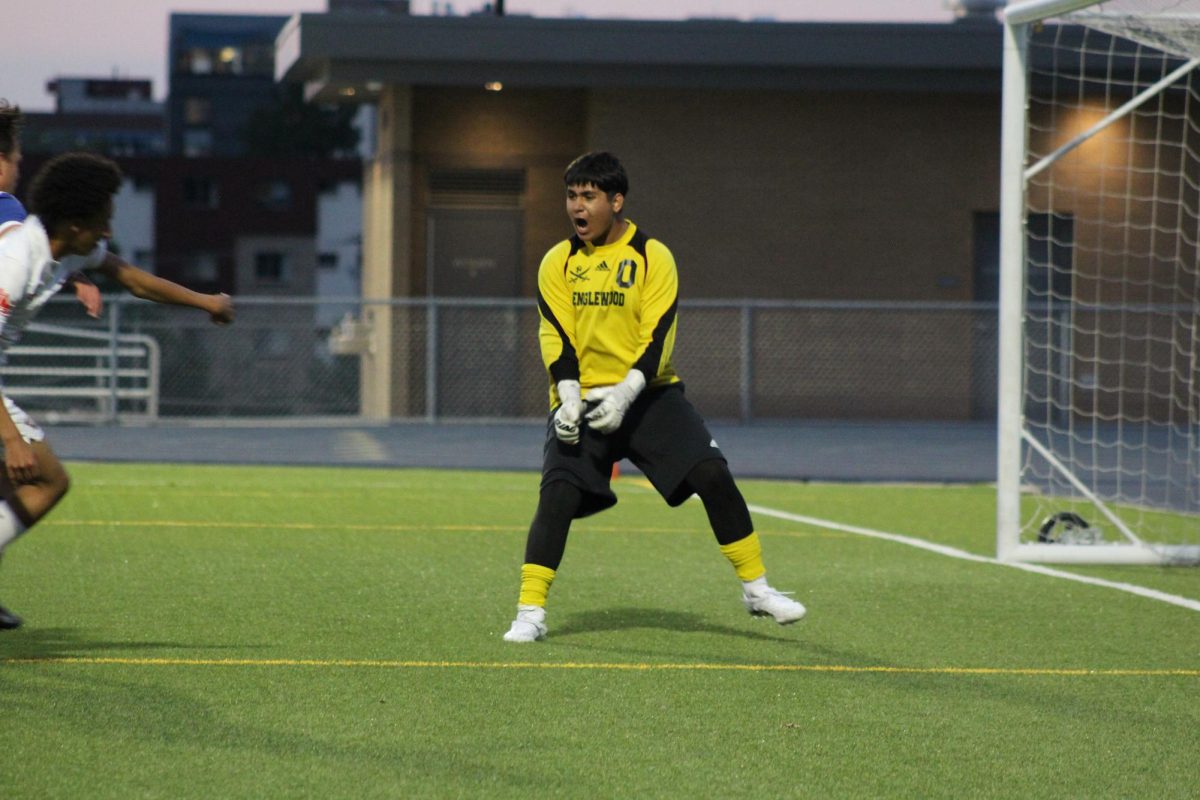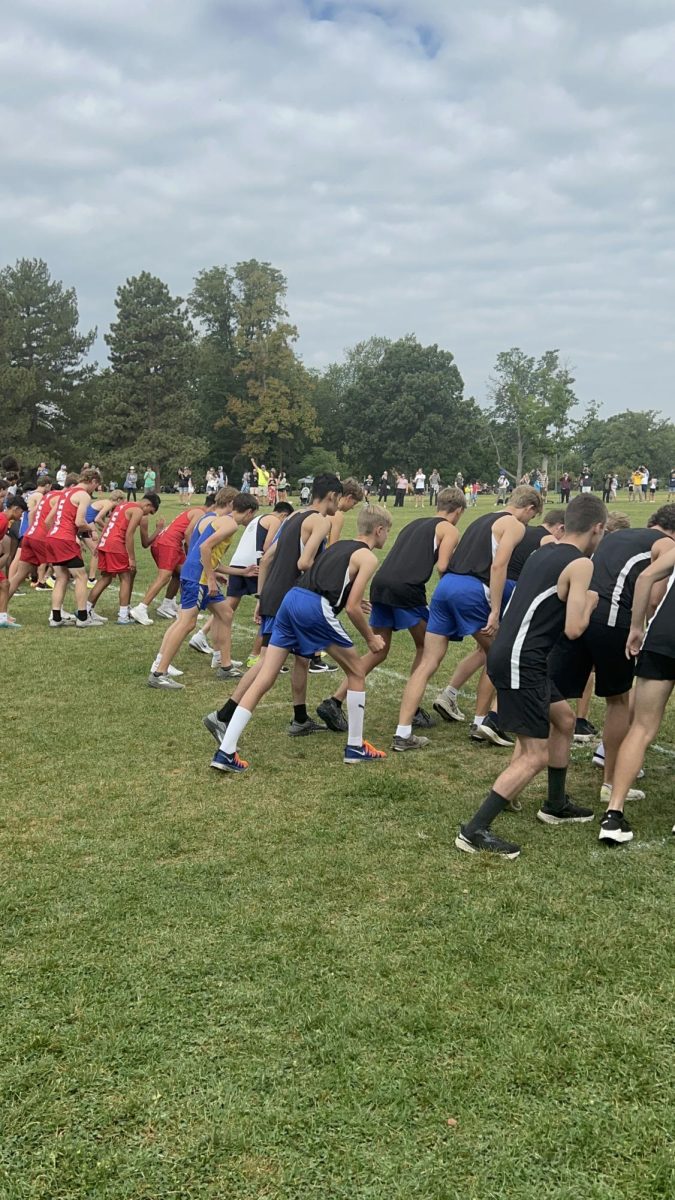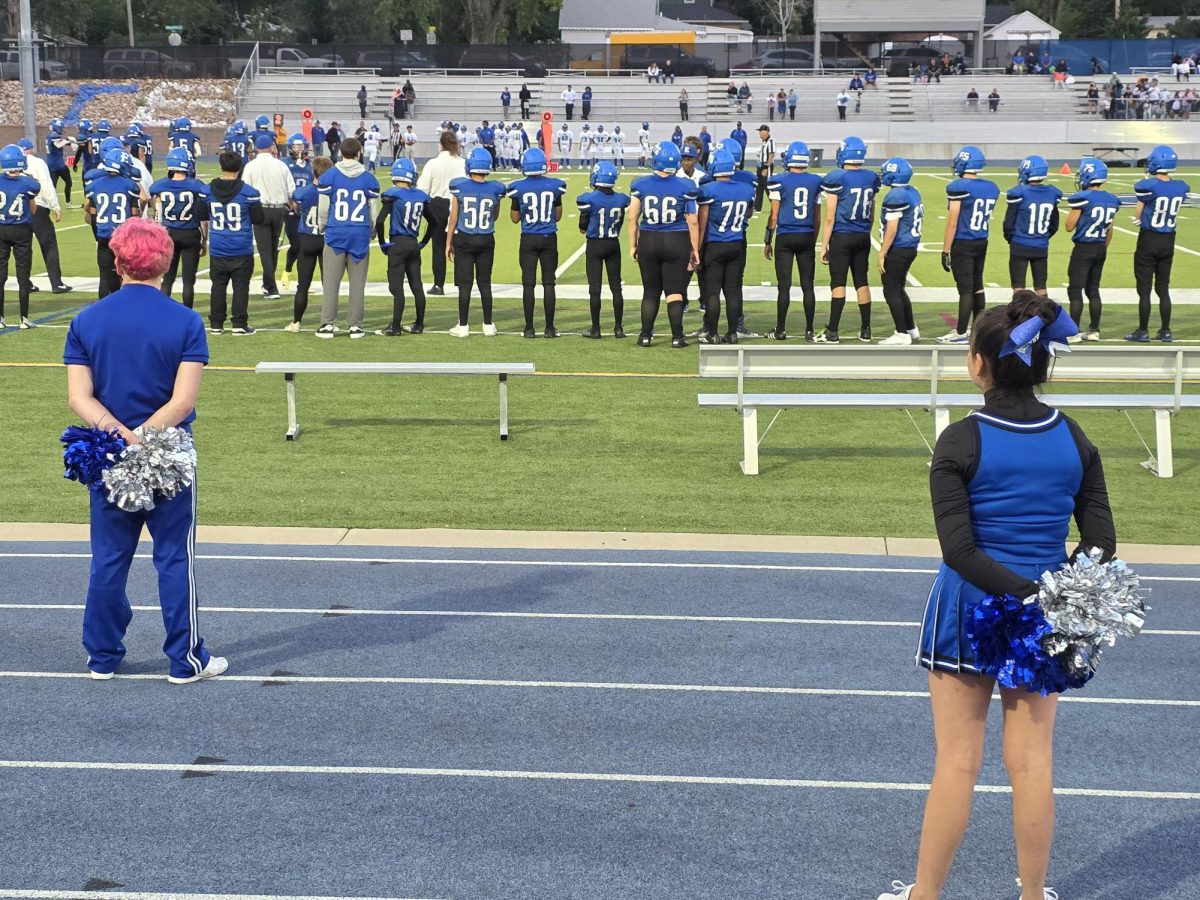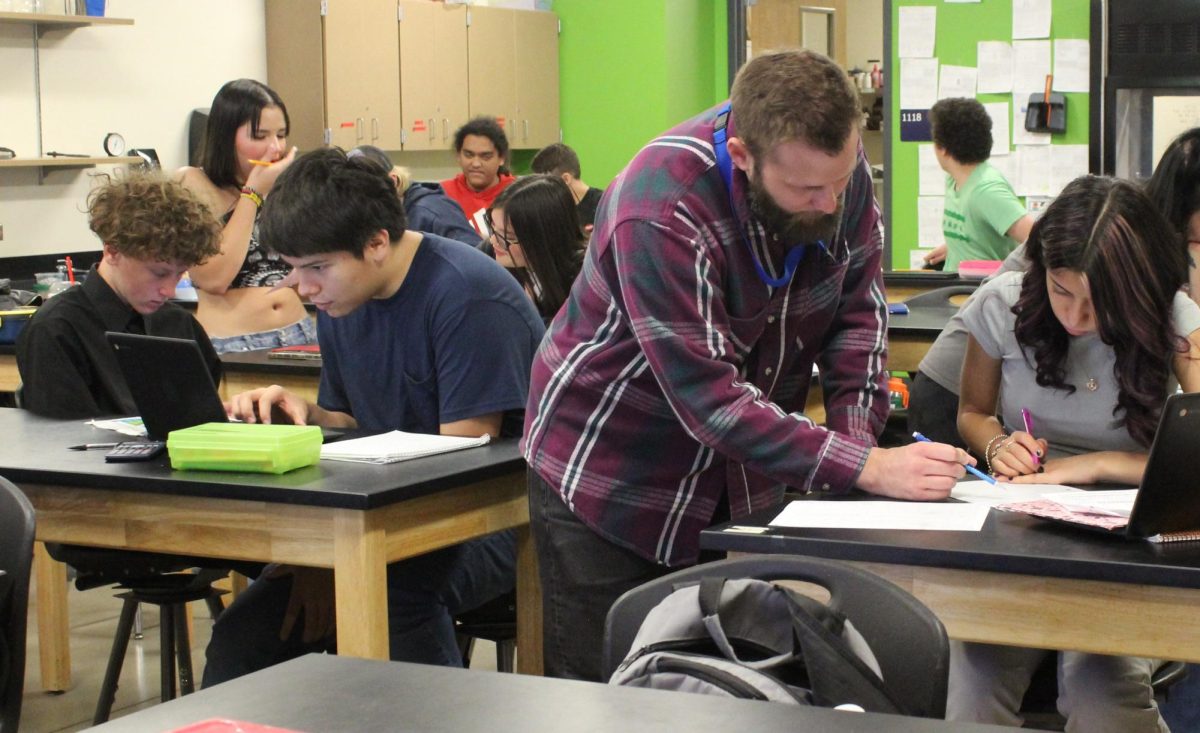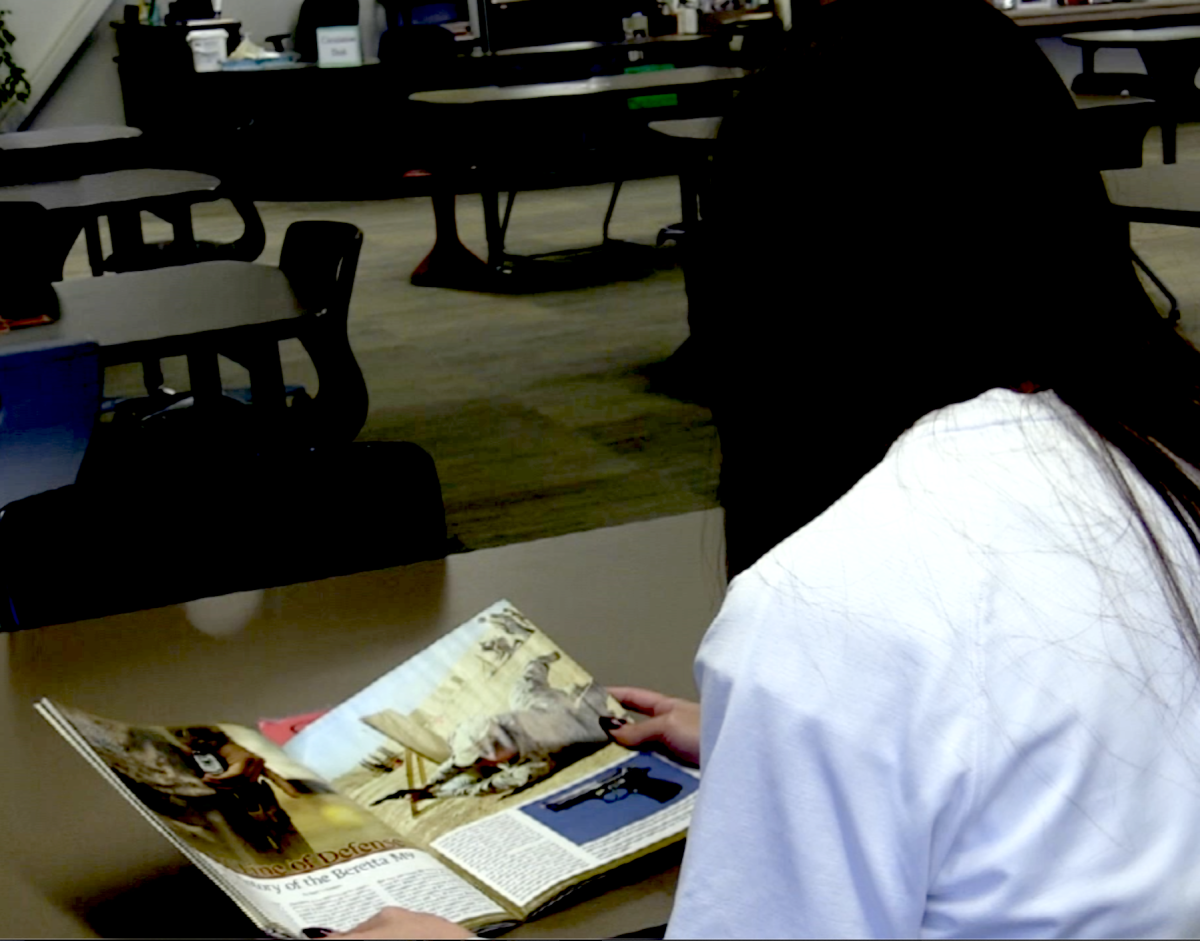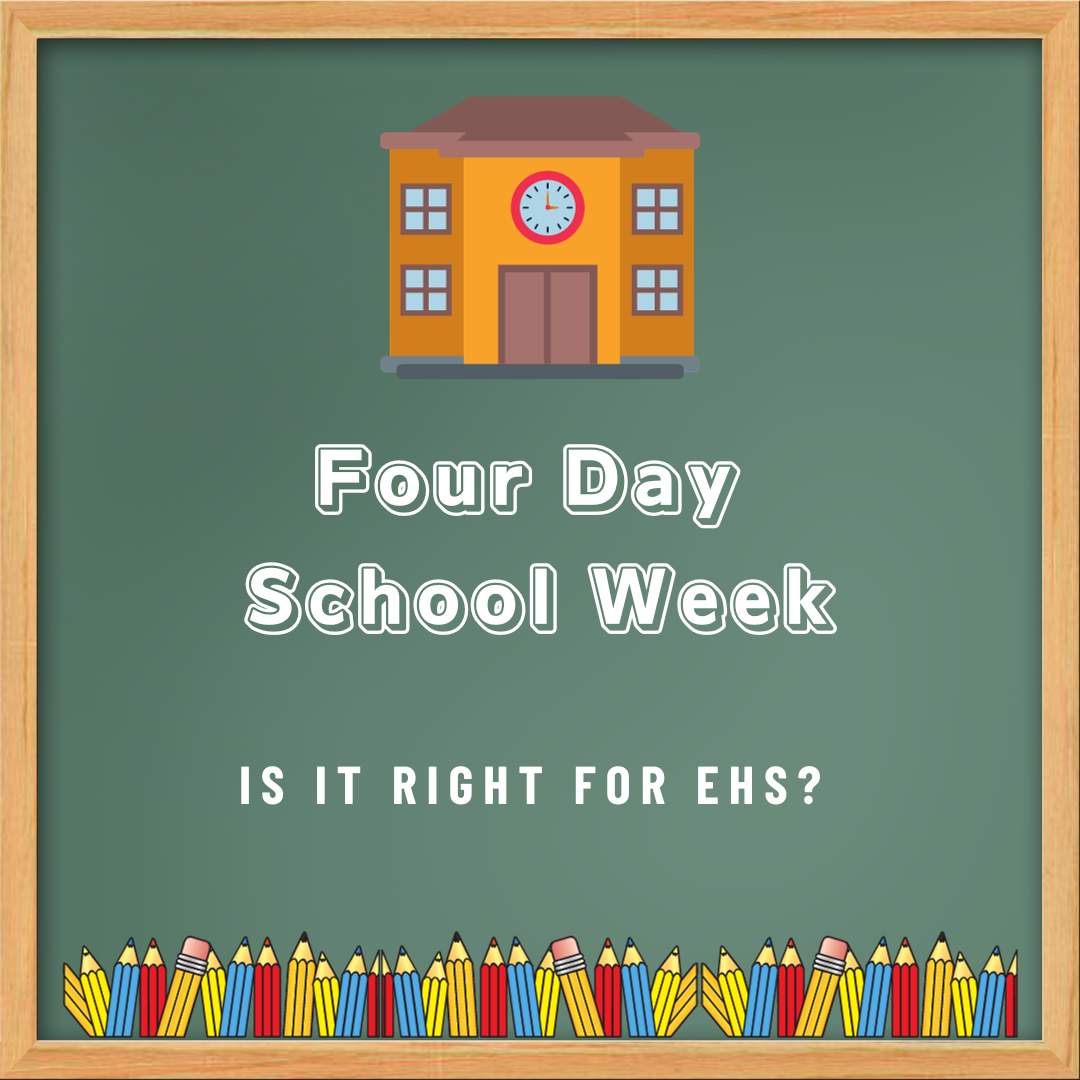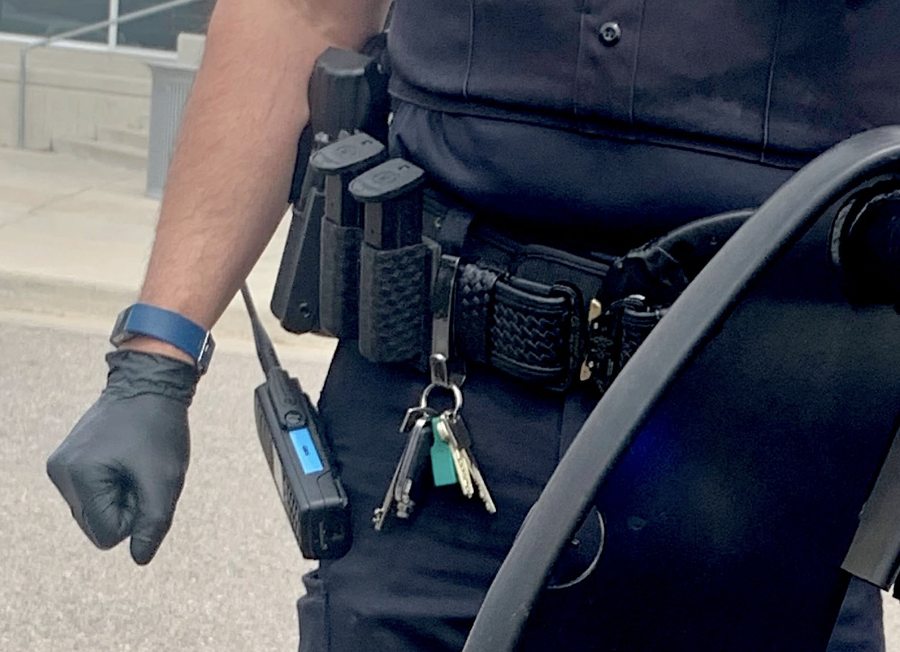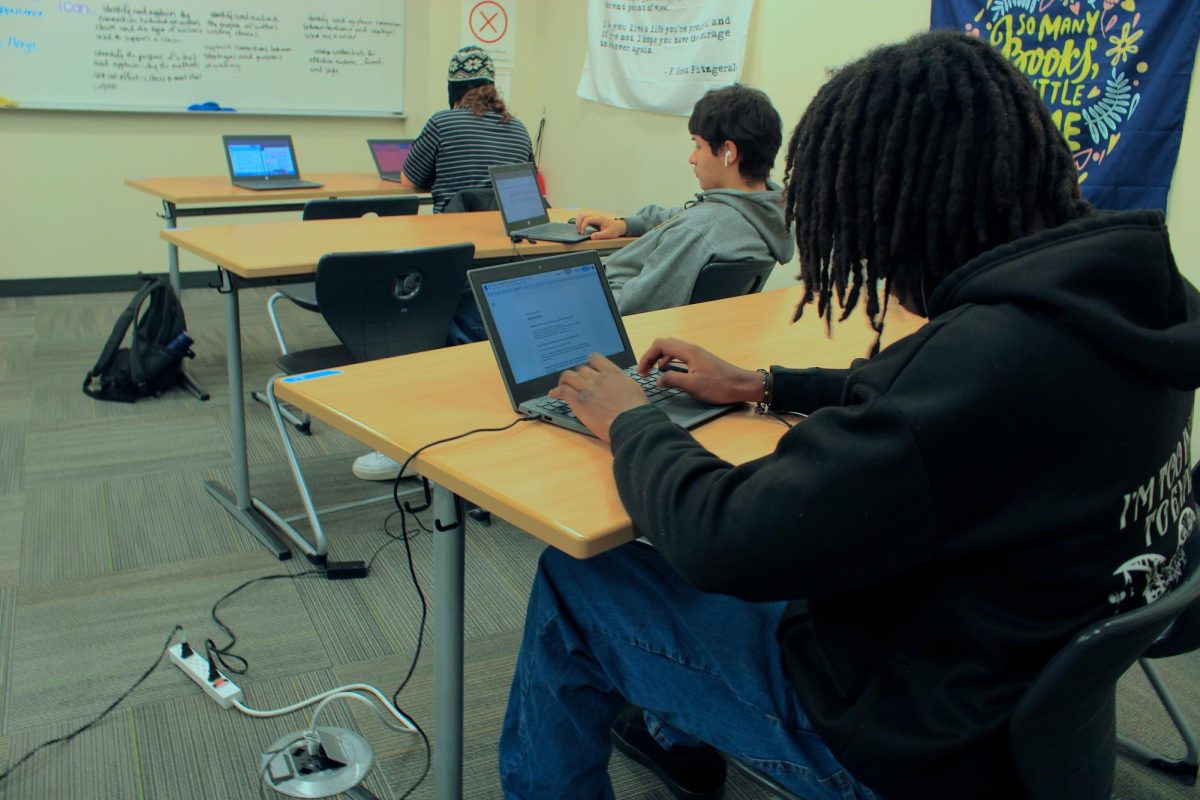Staff Editorial
Should vending machines make a come back at TEC campus?
September 20, 2017
Many of our student-athletes travel from school to school for their activities and some are jealous of what they see in other schools. Vending machines. It prompted the question—Why don’t we have vending machines here at Englewood High School?
Vending machines should make a comeback at the TEC campus. Vending machines would help students focus during class, spend less money outside of school, prevent tardies, and give teachers a snack between classes. Bringing vending machines onto campus requires the approval of several different groups, so having vending machines is easier said than done.
The Pirateer surveyed 42 students in the cafeteria recently and found 92-percent would like to see the automated machines grace the hallways.
Some of the students surveyed want a larger variety of choices throughout the day, “I think that there should be vending machines because a lot of the food we are provided through other means isn’t enough or students don’t like it because of past experiences. Providing other sources of food for students would make them less irritable in class,” Catherine Convery (12) said.
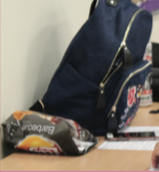
Some transfer students surveyed miss the convenience, “In my old school, they had three vending machines at different places all over the school. Everyone could use them. It is kinda unfair that we don’t have one,” Alana Talley (9) said.
“Bringing vending machines in with all the problems dealing with open campus lunch and so many underclassmen leaving for lunch will help reduce the tardies we see I think,” Senior Taylor Blackburn said.
As part of the lunchtime survey, students indicated they would like to have access to in the machines. Trail mix, water, Gatorade, flavored water, fruit, granola bars and pretzels round out the list of items students would like to see available in a vending machine.
According to the Centers for Disease Control (CDC), in 2014, 44 percent of school districts banned junk food from vending machines, but not the vending machines themselves. Lighter fare and healthy options kept the machines in schools.
In fact, the US Department of Agriculture has a comprehensive list of “Smart Snacks” in schools. It regulates calorie, sodium, fat and sugar limits and sets the standards for all foods sold in schools. For this reason, the kitchen staff at any school in the United States is responsible for monitoring all foods offered to all students in all schools across the country.
Students surveyed say healthy items in the vending machines would make students stick close to campus at lunch. That could be a partial solution to tardiness after lunch if students could just grab a snack from a vending machine and head to class.
However, in Colorado, the Department of Education has upped the ante on the rules and Englewood follows Federal and State guidelines that go a bit further and insist that vending machines are turned off during lunch so there is no competition with the cafeteria. This is called the Colorado Competitive Food Service Policy. It reads, “Such competitive food service shall not operate in competition with the district’s foodservice program, and shall be closed for a period beginning one-half hour to and remain closed until one-half hour after the last regular scheduled school lunch and/or school breakfast period on the campus where the school lunch and/or school breakfast is served.” Shutting down the vending machines at lunch takes away various options for students.
Principal Ryan West is on board with the notion of putting vending machines in the school, “I would be all in favor to have them because it’s convenient for students and teachers but it’s hard to have them with regulations. We can’t have certain foods so we wouldn’t have all the ‘good’ stuff.”
Logistics will make this difficult, but not impossible, “It would help by being convenient when students are hungry and give them an opportunity to earn money for school activities.” Ryan West said.
According to Amber Valentine, the TEC kitchen manager, “Vending machines would be helpful. Of course, the vending machine would be run through us. The hard part is having the staff for it and getting snack and drink options that are healthy and meet requirements but the students like as well.”
Valentine says the vending machines would help provide a simpler way to distribute food to the students. It would also make it easier on the athletes and other students who take part in extracurricular activities. They can get a water bottle before heading to practice or a snack to help them make it through a two-hour sweat fest.
Mr. West says the extra money from the machines would help put extra money into the school, “Then we could take the extra money we make to put into the students. We could do things like pizza lunches or t-shirts. So to get them, we’d have to start with the lunch ladies and see what they need to make them accessible to students, then we’d have to talk to the athletic director to find out what we’d have to do after school when they are running concessions and things.”
Vending machines would also benefit our students if the proceeds went to fundraising and lunch accounts. There are quite a few families in Englewood who are struggling to make ends meet and their lunch accounts are empty. Some parents can’t give their students lunch money because of rising prices in rent and other bills.
While it may seem cut and dry to say, ‘Let’s get those machines back!’ it is not that easy. The Pirateer will continue to explore the issue including a look at the possibility of vending machines as a solution to fundraising. Whatever the obstacles may be, the advantages to having vending machines clearly outweigh the disadvantages, and solutions can and will be found.

